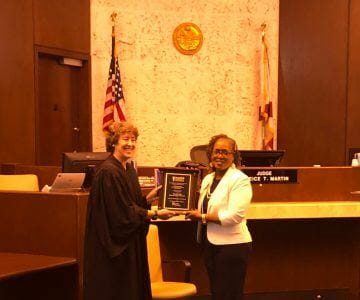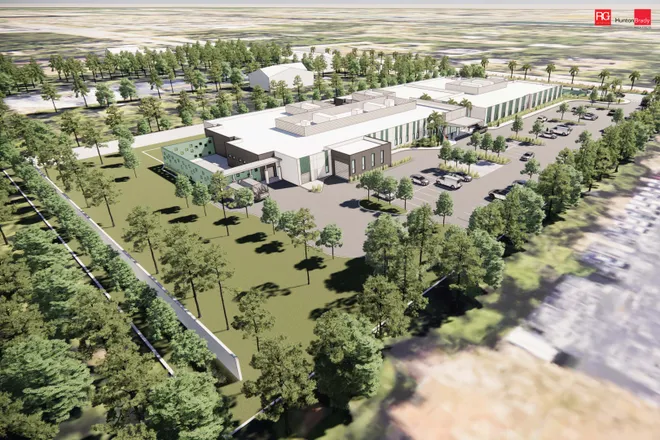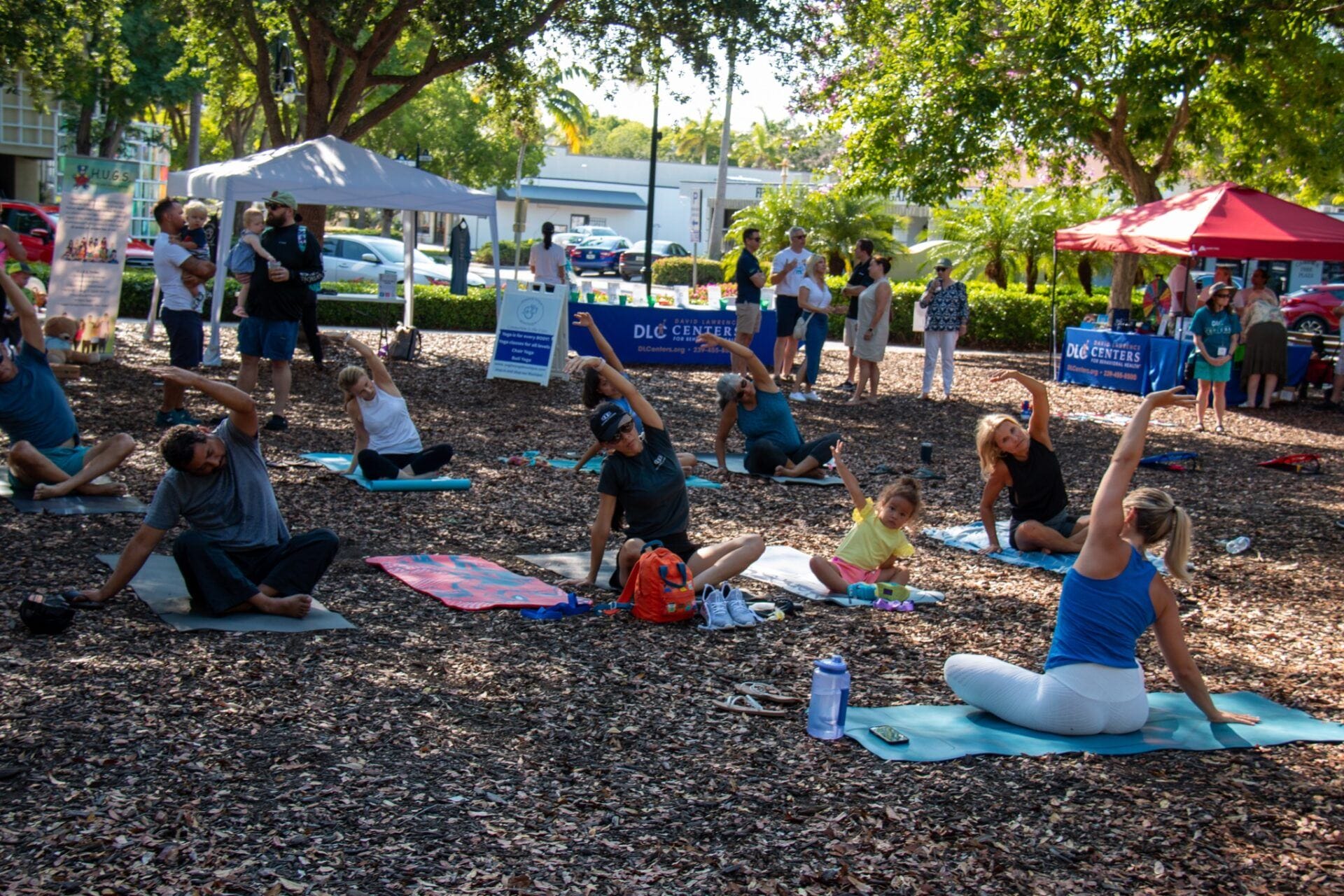
Local Drug Court Team: One of the Nation’s Best
Local Drug Court Team earns national recognition, thanks in no small part to DLC’s commitment to the program.
Collier County Judge Janeice Martin says she’s a “fan of second chances.”
That’s why she enjoys her role overseeing Drug Court, which seeks to help defendants with a felony charge who also have a substance use disorder. Drug Court sentences individuals to a program of therapy and rehabilitation, rather than incarceration, in the hope that they’ll break the cycle of crime and addiction and become productive members of society.
It seems to be working well—so well, in fact, that the Collier County Drug Court Team recently received national recognition for their excellence. DLC plays a significant role in the program, helping people to battle and overcome their struggles.
The National Drug Court Institute (NCDI) and the Bureau of Justice Assistance recently named the Collier County Drug Court Team into its 2020 Mentor Court Network. Our team was one of just eight nationwide to receive this recognition.
“We’re really proud that the national folks thought our team worthy of this,” says Judge Martin. “I hope this pushes us up to our best game.”
Beverly Belli, DLC’s Director of Adult Community Services, says the recognition is a nod to the team’s “level of professionalism and clinical services provided.”
Martin’s courtroom and DLC are joined on the Drug Court Team by the Sheriff’s Office, Probation Office, State Attorney, and Public Defenders Office. The Drug Court program also receives support from Collier County’s Health and Human Services Division.
As a Mentor Court, the Collier team will train teams from around the nation that want to learn how to start or improve their own drug courts. Teams will come to Collier County, observe its drug court practices, and take what they’ve learned back to their communities.
DLC leading the way
Judge Martin said Drug Court—and other problem-solving courts like Mental Health Court and Veterans Court—is thriving mostly because of DLC’s help.
“They have stepped up to lead the way in the evolution of these courts,” she says. “Even when a federal grant expired for this, DLC remained committed, and they’ve always found a way to keep it going. We wouldn’t have this at all without DLC.”
Before she was a Collier County Judge, Martin was an attorney in the field of criminal law, both as a prosecutor and as a defender. So she was keenly aware that many perpetrators needed help with mental health and substance use issues—often more than they needed to be incarcerated.
“I like giving people the opportunity to pursue treatment instead of sending them to jail,” says Judge Martin.
There are many success stories coming out of Drug Court, but Belli and Martin each shared one that particularly stuck with them.
Belli remembers a 30-year-old woman with a special needs child who had a history of opioid use disorder and had been incarcerated for a felony. She almost lost legal rights to her child because of her addiction, but after completing the Drug Court program and staying sober, she now has full custody of her child, a full-time job, and is flourishing.
Martin remembers a man who had been through Drug Court before, but was unsuccessful. Typically, people aren’t allowed to retake the program after failing it, but a clerical error led to the man being admitted a second time.
“And this time, he knew the value of the opportunity from Day One,” says Judge Martin. “He took it for all it was worth. Now he’s five years sober, successful, and happy.”
To learn more about Drug Court, click here.
May 04, 2020 | Blog, News, Substance Use



